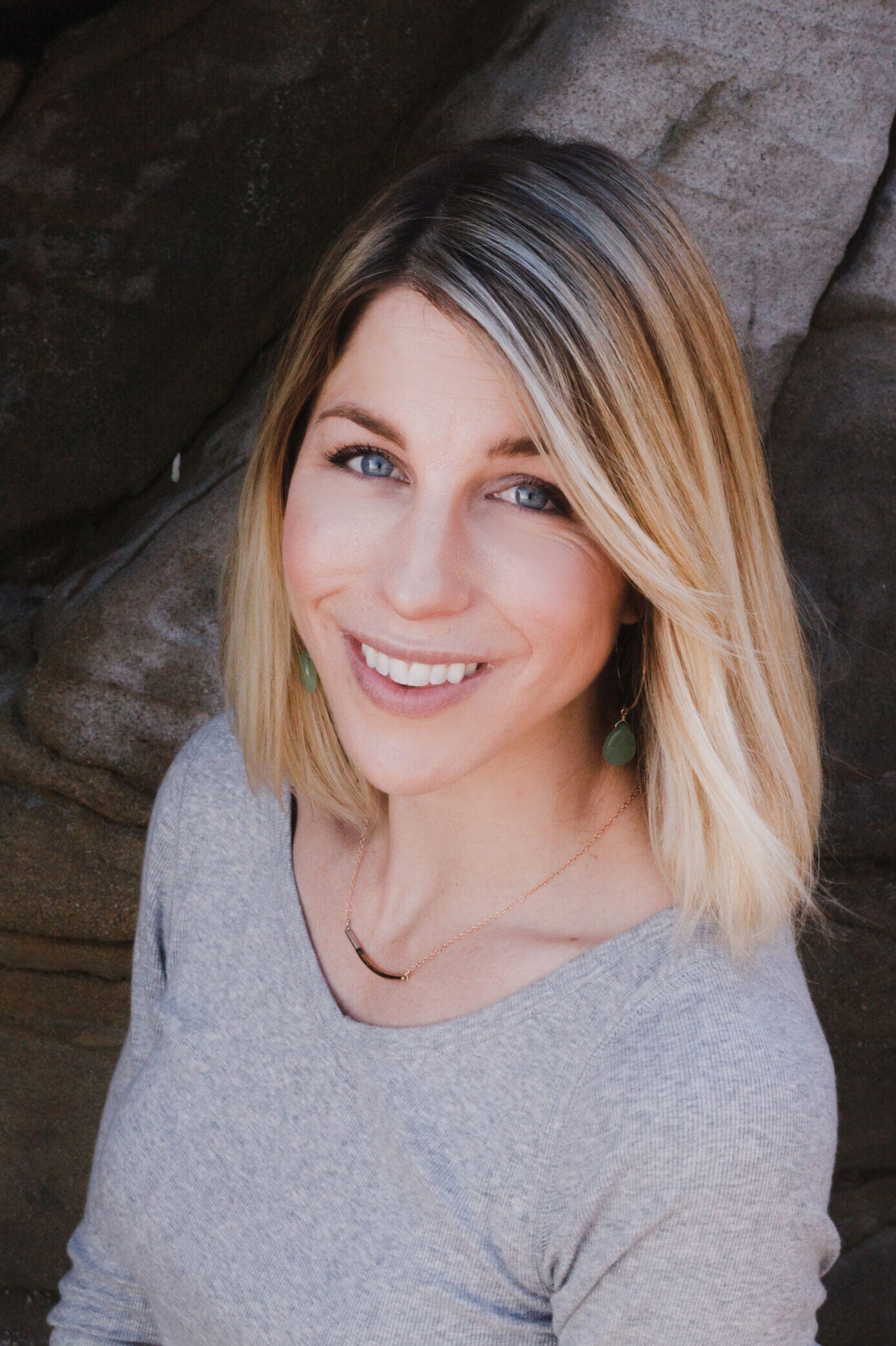Dr. Stephanie Child joined the SBS Department in November 2020 as an Assistant Professor. Dr. Child received her PhD in Public Health from the University of South Carolina and recently completed her postdoctoral fellowship from the UC Berkeley Social Networks Study.
Could you tell us about your research background and what drew you to the SBS Department? Do you have any upcoming research projects planned?
SBS houses a lot of faculty whose work I deeply admire and respect, and whose work has helped to shape my own thinking about social determinants of health. My background is in Health Promotion and Behavior and my research primarily focuses on personal networks as a mediating variable between more upstream determinants and downstream outcomes such as health behaviors and outcomes. I am currently working on an extension of the UC Berkeley Social Networks study, which incorporates clinical data being collected by UCSF’s Health eHeart study in a project that will examine personal network characteristics associated with cardiovascular disease and hypertension.
In a recent study published by the Annals of Behavioral Medicine, you and others examined the causal effect of changes in personal network support on sleep quality. What was your biggest takeaway in this study?
I really enjoyed working on this paper since it was our first opportunity to examine all three waves of the UCNets data in a causal model. The biggest takeaway is that the data provide empirical evidence for a story we are probably all familiar with, and that is the dual nature of personal relationships. In particular, it highlights the role of romantic partners on sleep quality. During ‘normal’ times (i.e., in the absence of a major life event), a change to being romantically partnered or married was associated with an increase in troubled sleep, perhaps due to changes in sleep hygiene. However, during difficult times, a change to being romantically partnered or married buffered the effect of a negative life event on sleep quality. That is, romantic partnerships were protective of sleep quality during difficult times. The findings extend previous research about the duality of personal relationships to sleep quality in yet another pathway linking networks to overall health and well-being.
Do you have any advice to prospective and current students who may be experiencing anxiety during these uncertain and difficult times?
When I was an undergrad, my father was hospitalized a couple of days before a midterm exam. I immediately emailed my professor to explain what happened and to ask for an extension. My professor didn’t accomodate me. At the time I was furious, but they explained their reasoning to me in a way that profoundly changed the way I view obstacles. Although unfortunate, my father’s hospitalization was a ‘rare’ event that would cause me to perform poorly on the exam. But they said it wouldn’t change the fact that I was an excellent student, and that the rest of my college career would reflect my overall work ethic and dedication to my studies, rather than this terrible and isolated incident. They were both right and wrong. I failed that exam, and didn’t get the grade I wanted in that class. When I was in my Master’s program, my father passed away and I took an entire year off from my studies. But, I was an ambitious student — I returned to complete my MPH, went on to pursue a PhD, then a postdoc at Berkeley, and now I’m a faculty member at Harvard. My point being, there are going to be events, days, weeks, (and in ‘rare’ cases like these, or my father’s passing, even whole years) that throw us off our charted course. This is scary because, if you’re anything like me, you like to plan ahead and achieve the goals you lay out for yourself. But these unexpected changes and challenges do not take away from who you are or the ambition and talent that you already possess. This year looks and feels very different than you ever could have predicted, but ultimately you are equipped with the skills to get you where you need to be, and when you look back, you can reflect on how far you’ve come.
Lastly, how can the SBS community learn more about you and your research?
One of my goals this year is to set up my own personal website. In the meantime, my working list of publications can be found on Google Scholar, my work with UC Berkeley can be found on the UCNets website, and I have a LinkedIn profile if you’d like to connect.
-Interview by Daniel Choi




